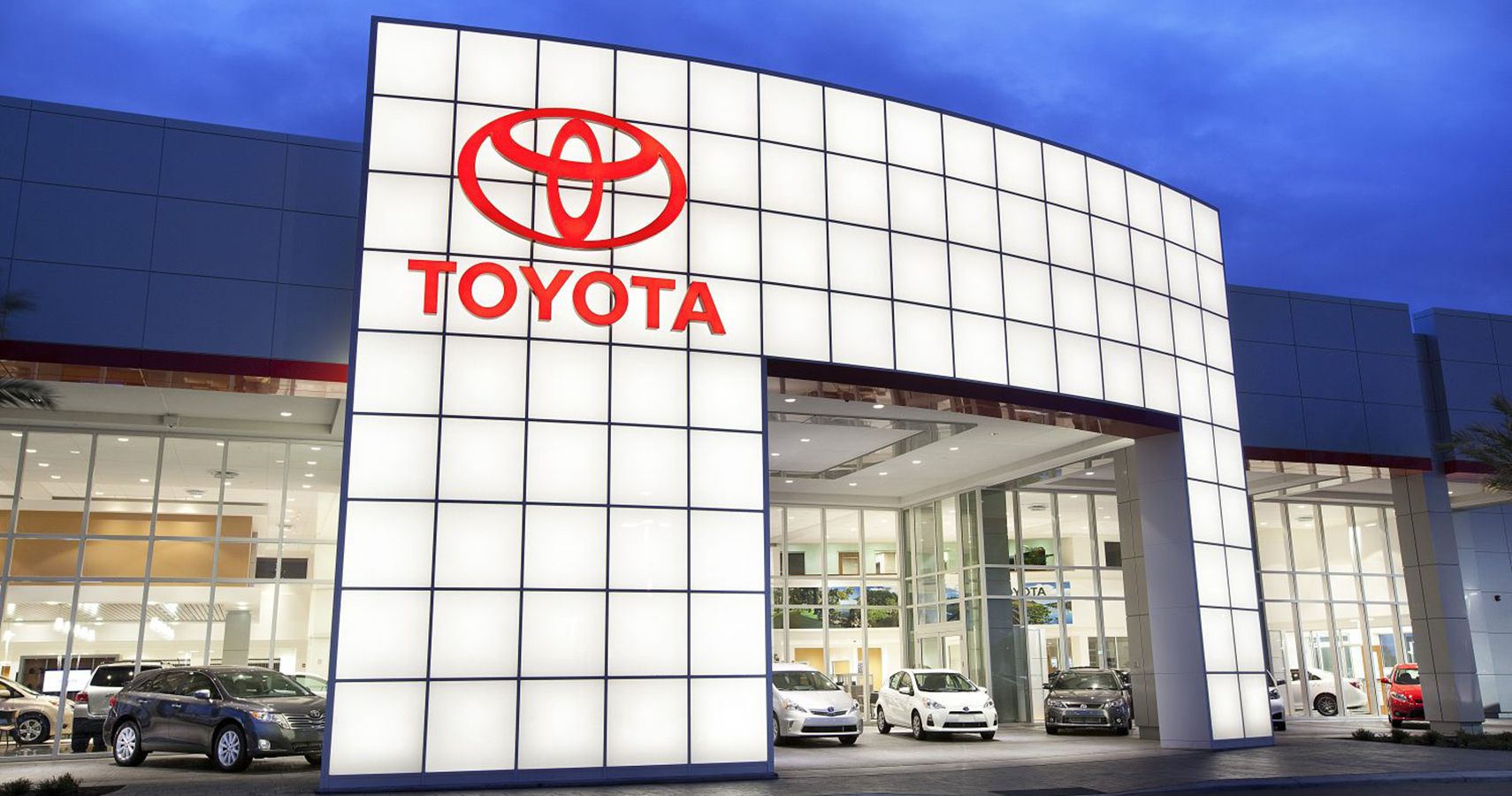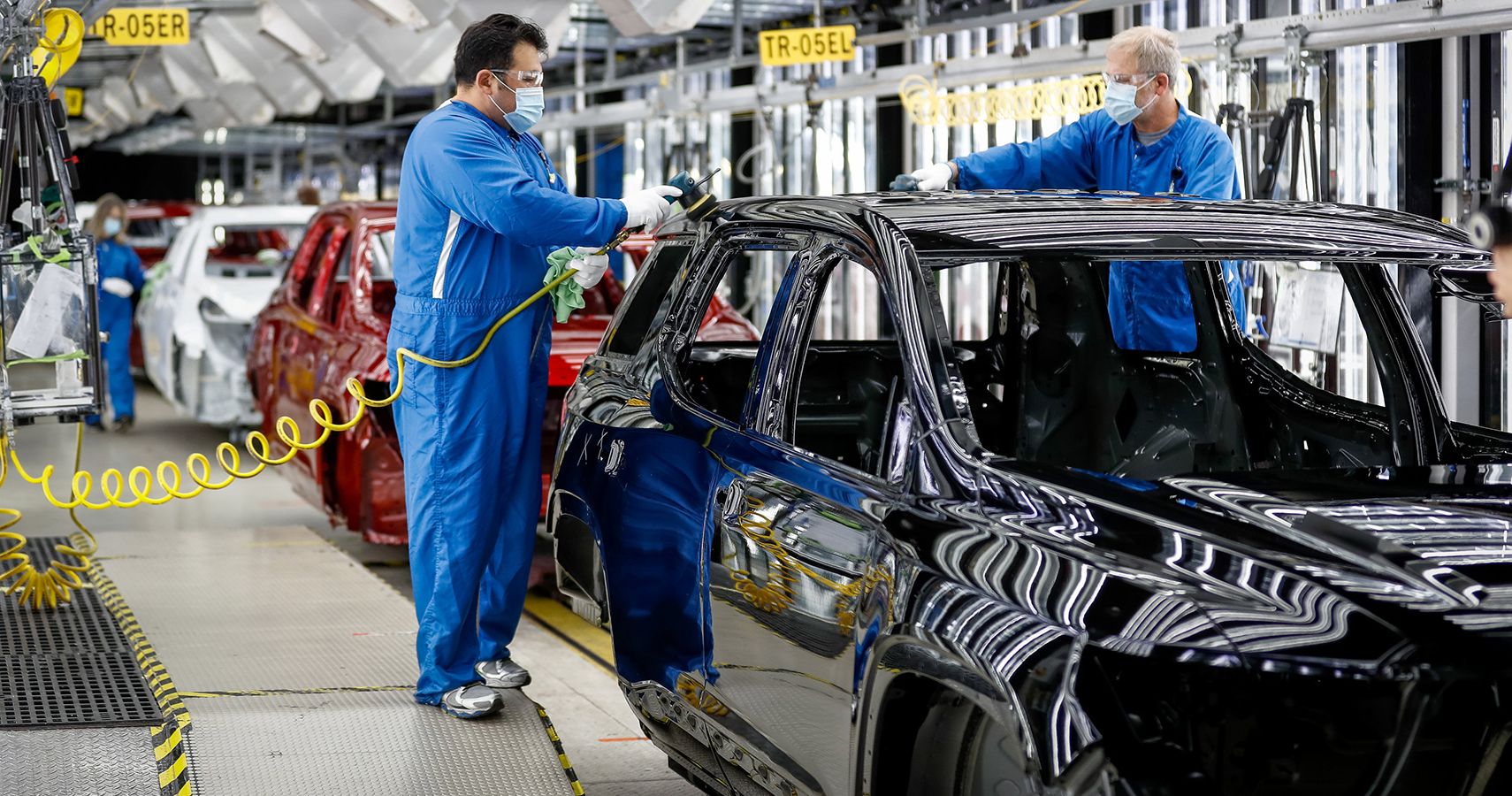The current global semiconductor chip crisis is forcing carmakers around the world to temporarily halt or slow production at their plants. Normally, this would ultimately lead to less vehicle sales. But in a twist of fate, carmakers in the United States -- including General Motors and Ford, posted strong year-on-year sales in the first quarter of 2021.
Pandemic Concerns Prompt People To Buy Cars
Consumers found themselves buying more cars in the past few months, according to report from Reuters. With the pandemic still ongoing and people wanting to move without compromising their safety, public transportation is being shunned. The usually cramped conditions in public transport is a suitable situation for the spread of the Coronavirus Disease (COVID-19).
Although more than 30 million COVID-19 cases have been recorded resulting more than half a million of deaths in the US, people still need to keep moving. But to boost their personal safety, they opted to purchase new cars instead of relying on public transport. This as well as the stimulus and pent-up demand for vehicles are helping automotive sales surge in the US.
Carmakers Log Sales Jumps In First Quarter 2021
For instance, GM posted a 4% rise in U.S. sales in the first quarter ending March 2021 to 642,250 vehicles, a good chunk of which are trucks and SUVs. Stellantis' US companies, on the other hand, logged a 5% surge in quarterly sales to 469,651 vehicles. Ford's sales were slightly up in the first quarter of 2021 at 1% to 521,334 vehicles, with retail sales soaring 23%.
Toyota and Hyundai, on the other hand, logged double-digit year-on-year sales growth in the first quarter of 2021. The Japanese auto company saw its sales leap 22% to 603,066 vehicles the while South Korean carmaker had its quarterly sales jump 28% to 167,130 vehicles.
Rising Sales And Chips Shortage Are Causing Demand Volatility
Nonetheless, carmakers are still trying sort out their production problems brought by the current chip shortage. "The surging sales and dwindling production is causing volatility in demand in the automotive market." IHS Markit analyst Chris Hopson told Reuters.
While increasing sales is a sign of recovery, the chip shortage may hamper gains if not promptly resolved. Carmakers have been idling production because there aren't enough chips to build new vehicles.
Source: Reuters




